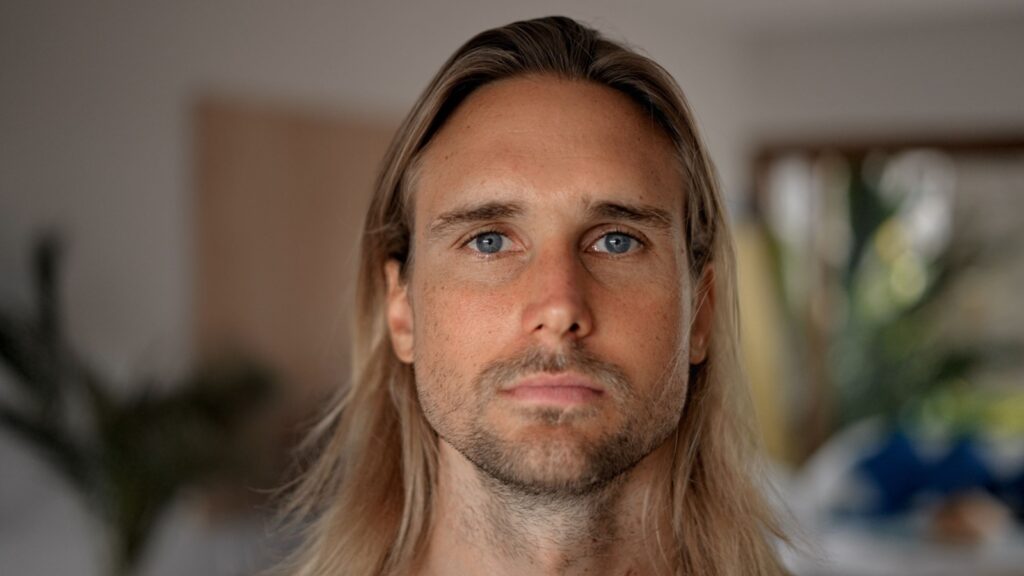They will be all about “live and let live” – right before judging your Spotify playlist, parenting style, and your career choices. They are the ones who meditate, read self-help books, and go on and on about “acceptance.” And then lowkey judge everyone by their lifestyle, paycheck, and emotional “vibe.” They may pass their judgment with prettier wrapping, but let’s call it what it is: spiritual hypocrisy, served with a smile.
Let’s meet the people who swear they are all about “acceptance”… as long as you agree with them first.
The “I’m Not Judging, But…”

This is every judgmental person’s catchphrase. It’s basically their way of asking verbal permission slip to judge. “I’m not judging, but she does post a lot of selfies.” “I’m not judging, but I would never date a person who doesn’t read.” Translation: “I am totally judging, but I have to seem smarter while doing it.”
“I Just Have Higher Standards”

Their whole persona is elitist pretension. Dating, dining, and decorating – always their finickiness “self-awareness.” You like McDonald’s fries? They do “clean eating.” You like watching reality TV? They watch “documentaries.” They’re not mean-spirited – they simply have “taste.” Which makes all of what they do deep, and all of what you do embarrassing.
“It’s the Energy for Me”

They won’t call you out in so many words – they’ll just tell you that your “energy does not feel right.” Translation: you’ve said something to them that they didn’t want to hear. Their aura lexicon is nothing but a dishonest way of appearing spiritual without judging. You might be bleeding with hopefulness, but if your moon sign is off, they’ll smudge you out of their life.
The “Actually…” Conversational Cop

They say they love honest and clear arguments. But god forbid you say something slightly off. Or you dared to speak the truth that made them uncomfortable. And they will instantly interject with “Actually…” just to remind you who is controlling the situation. You can almost hear their internal monologue: “I’m not correcting you, I’m saving the human race.”
The Selective Empath

They’ll sob for strangers online but criticize their own friends for not doing well in life. Their sympathy is expertly curated – profound lives, public expressions, and Instagram-worthy. They’ll “be kind” on Twitter all day but go silent when kindness is inconvenient or when it’s in the way. Empathy is not a trend. And if it only goes to people who share your vibe… It’s not empathy.
The “Everyone Should Just Be Kind” Judge

Their mantra: “I hate drama.”
Their hobby: judging everyone who does not meet their definition of “kind.”
They say something unnecessary. And the second someone is about to get upset or frustrated or set boundaries, they will judge this as “negative energy.” Acceptance in its purest form means accepting human beings as messy and imperfect as they are. You don’t need to label them based on your so-called energy-measuring radar.
The Activist Who Hates Everybody

They think they’re having a conversation about “educating others,” but what they’re really having is a conversation about “I’m right and you’re the problem.” One wrong word and you’re cancelled from their moral collective. They’re not trying to fight injustice – they’re beta-testing for moral correctness. Awareness is not a game, but you’d never know it from their behavior.
The ‘You Do You’ With a Disclaimer

They will actually say, “I completely understand, you do you!” And then, right on the heels of that, they stop dramatically with “…but personally, I couldn’t ever.” And that latter line? That is the knife nicely wrapped in their yoga mat of tolerance. They think that they’re being intensely open-minded but also making it clear that they would never ever stoop to your level of lifestyle… except for “research.”
17 Times When Being the “Bigger Person” Isn’t a Good Thing

Not every situation calls for swallowing your pride, overlooking warning signs, or settling for toxic behavior. Actually, there are some situations where you have to do the opposite: call out to it, set boundaries, or just walk away.
17 Times When Being the “Bigger Person” Isn’t a Good Thing

